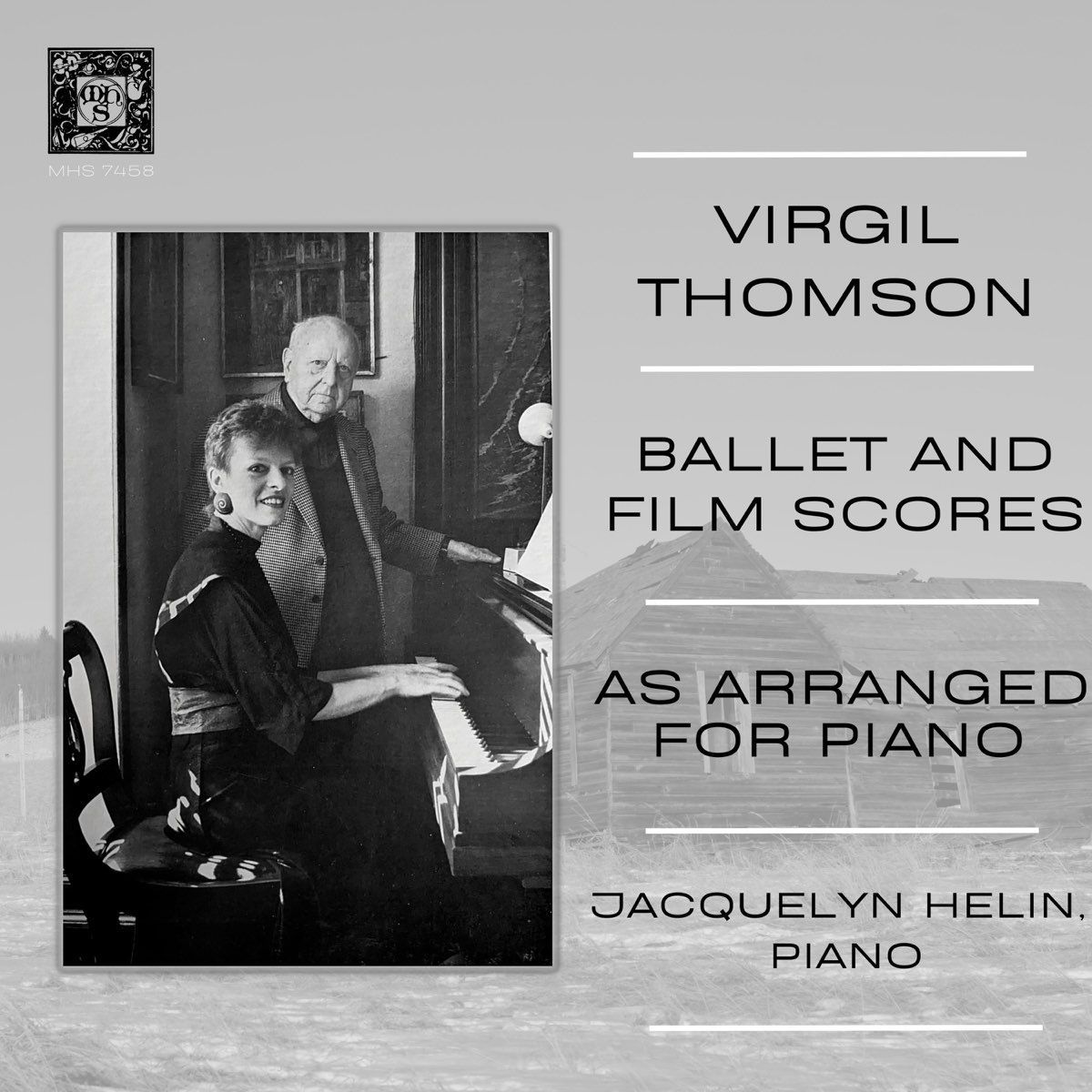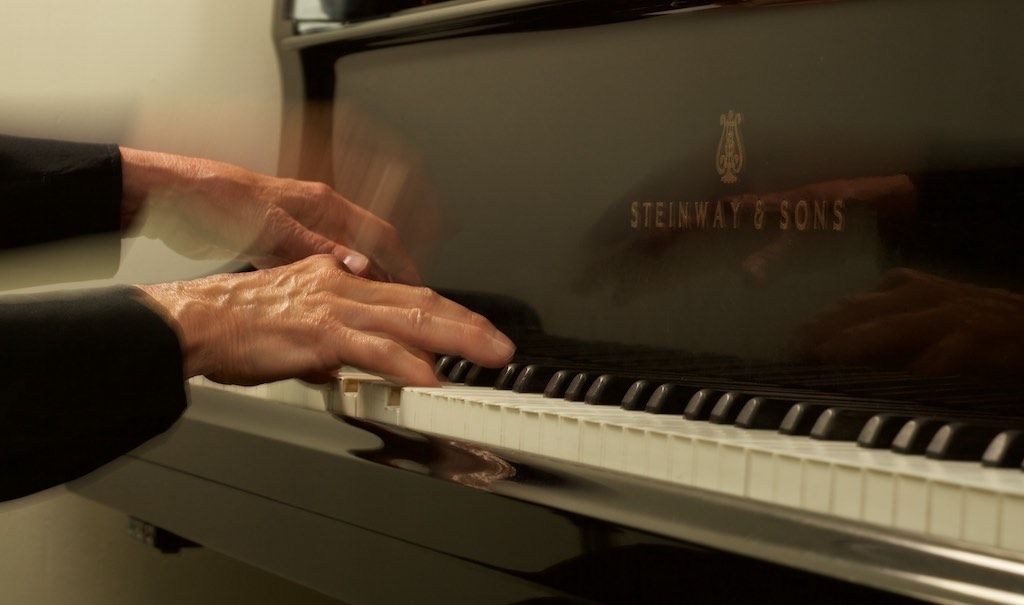Collaborations
Jacquelyn Helin
Music & Dance Collaborations Santa Fe, New Mexico
Collaborations are one of the joys of music! Working together with other performing musicians, with living composers, and/or with dancers and actors lights a creative spark across disciplines. The synergy of cross-disciplinary partnerships often yields surprising and exciting perceptions and performances. We have so much to learn from each other!

“Jacquelyn Helin is an excellent pianist who has played my music often and plays it well. She is an exceptionally gifted artist and an artist our country can be proud of.”
VIRGIL THOMSON

